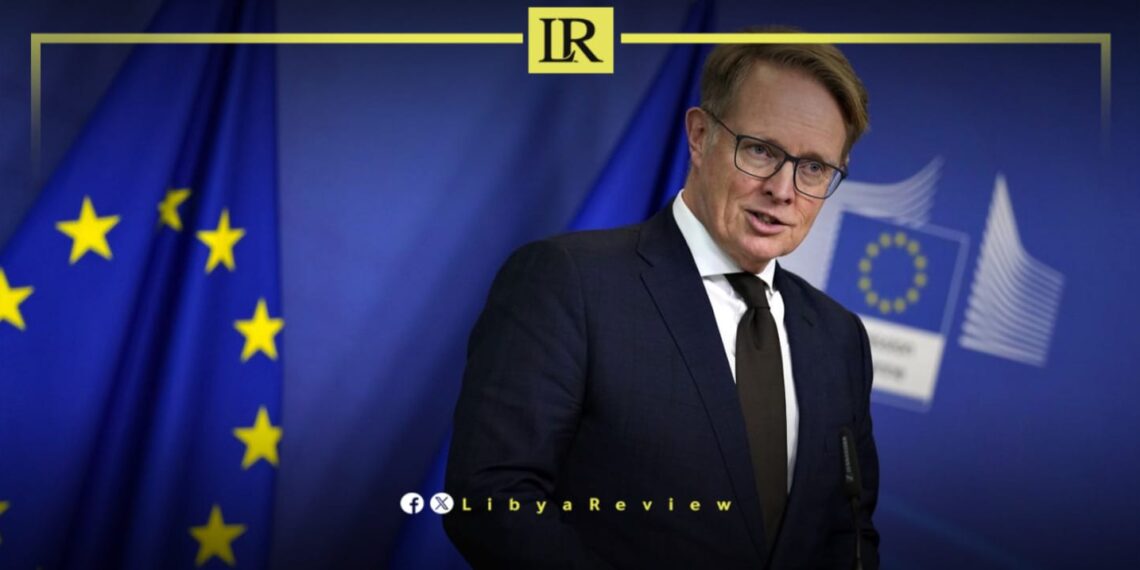The executive director of Frontex, the European Union’s border and coast guard agency, has admitted that his organisation sometimes has no option but to allow the return of irregular migrants to Libya, despite well-documented human rights abuses.
In an interview with Euronews, Hans Leijtens said, “I don’t want anyone to be returned to Libya,” referencing concerns about torture and abuse faced by migrants in detention centres. “But sometimes, we simply have no other option.”
Frontex has come under increasing criticism from humanitarian groups who accuse the agency of failing to prioritise saving lives at sea. The agency typically deploys drones and surveillance aircraft to monitor overcrowded migrant boats heading towards Europe. These boats often depart from Libya, a known hotspot for trafficking and abuse of migrants.
Leijtens explained that when Frontex spots a vessel in distress, the only official route is to alert the Maritime Rescue Coordination Centre. “If the vessel is in Libyan waters, it becomes Libya’s responsibility. That’s just the legal framework we operate in,” he said.
Asked why Frontex doesn’t notify NGOs, which specialise in sea rescues, Leijtens responded: “If NGOs are unavailable and we alert them, we may delay action and risk people drowning. We would be playing with lives.”
While acknowledging the dire conditions awaiting many returnees, he stressed, “If the choice is between drowning or being returned to Libya, I choose life. I cannot carry the burden of migrants dying at sea.”
His remarks are expected to fuel further debate about the EU’s handling of Mediterranean migration, especially its cooperation with Libya, a country where migrants routinely face detention, abuse, and extortion.


